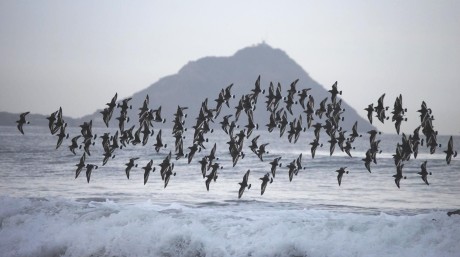 Blog
Blog
Safe passage for our avian friends
This Tuesday 10th of May is World Migratory Bird Day (WMBD) is a massive, global celebration of the beauty and wonder of our avian friends who, […]
We safeguard and restore wetlands for people and nature
 Blog
Blog
This Tuesday 10th of May is World Migratory Bird Day (WMBD) is a massive, global celebration of the beauty and wonder of our avian friends who, […]
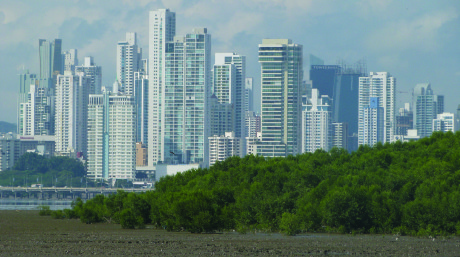 Event
Event
Wetlands International will be participating in the biennial conference of the Global Programme of Research on Climate Change Vulnerability, Impacts and Adaptation – Adaptation Futures. […]
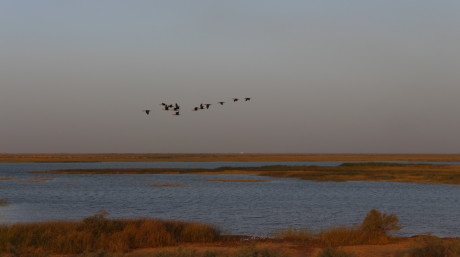 Blog
Blog
As part of our campaign to celebrate the 50th anniversary of the International Waterbird Census, we asked our partners to share their favourite images of […]
 News
News
New York – At the High-level Thematic Debate on Achieving the Sustainable Development Goals (SDGs) NGO Wetlands International states that better management and restoration of […]
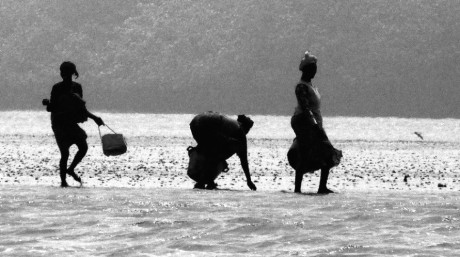 Publication
Publication
In 2015, world leaders committed to achieving the 17 goals of the United National 2030 Agenda for Sustainable Development (the Sustainable Development Goals or SDGs). […]
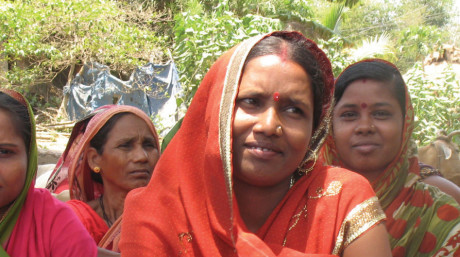 Publication
Publication
All major global policy agreements conclude: wetlands are vital ecosystems in the landscape and are indispensable to achieve a sustainable and secure world. This policy […]
 Blog
Blog
As part of our campaign to celebrate the 50th anniversary of the International Waterbird Census, we asked our partners to share their favourite images of […]
 Video
Video
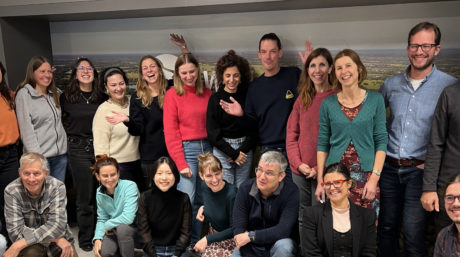 Page
Page
We have a staff of approximately 150 people working in our network of offices in Europe, Africa, South, East and North Asia and Latin America. Meet our team in the European Association office.
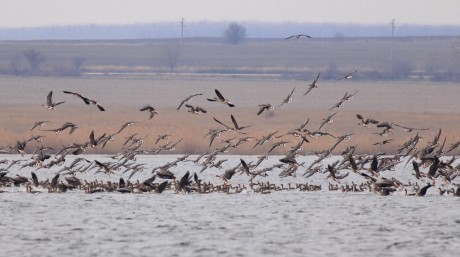 Blog
Blog
As part of our campaign to celebrate the 50th anniversary of the International Waterbird Census, we asked our partners to share their favourite images of […]